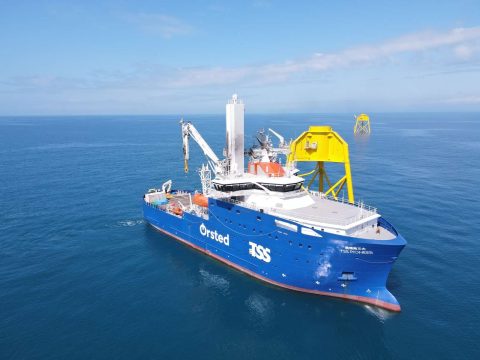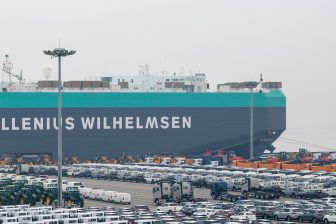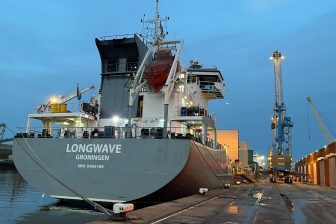
Green Fuels for Denmark receives IPCEI status
The European Commission granted Important Project of Common European Interest (IPCEI) status to Green Fuels for Denmark, on July 15th, 2022. This project aims to produce large quantities of sustainable green fuels for road, maritime and air transport.
Green Fuels for Denmark is a Power-2-X (P2X) project, based out of Copenhagen, Denmark. When fully developed its aim is to reach a total electrolysis capacity of 1,300 megawatts (MW), and compete with fossil-based alternatives, through the industrialisation of renewable hydrogen and green fuels.. It is being developed in partnership between Ørsted, and leaders in road transport (DSV), shipping (Maersk and DFDS), and aviation (Copenhagen Airports, SAS). The project will also receive funding from the Danish government, which will enable Green Fuels for Denmark to develop the first phases of the project.
The project will be constructed in three phases. The goal of the first phase (10 MW) is to annually supply 1,000 tonnes of renewable hydrogen, for heavy road transport. The goal of phase 2A (100MW) is to annually produce over 50,000 tonnes of e-methanol for shipping, and enough e-kerosene to potentially fuel Denmark’s first green domestic air connection. The goal of phase 2B is to reach 300-350 MW of cumulative capacity. When fully operational, it should produce more than 100,000 tonnes of e-methanol and e-kerosene, which is more than the total consumption of fuels for domestic aviation in Denmark. Lastly, the goal of phase 3 is to reach the full 1,300 MW capacity and be able to produce 275,000 tonnes of renewable fuels per year.
Depending on final investment decisions, this first phase could potentially enter commercial operations in 2023, phase 2a in 2025, and phase 2b in 2027.
Olivia Breese, Senior Vice President and Head of P2X of Ørsted, says: “The scale-up of Power-to-X is dependent on the availability of large-scale renewable electricity, and we urge governments across Europe to dramatically accelerate the deployment of offshore and onshore wind and solar PV in order to deliver on Europe’s ambition to lead in Power-to-X.”
Sign up to the Project Cargo Journal Newsletter
You just read one of our premium articles free of charge
Register now to keep reading premium articles.




